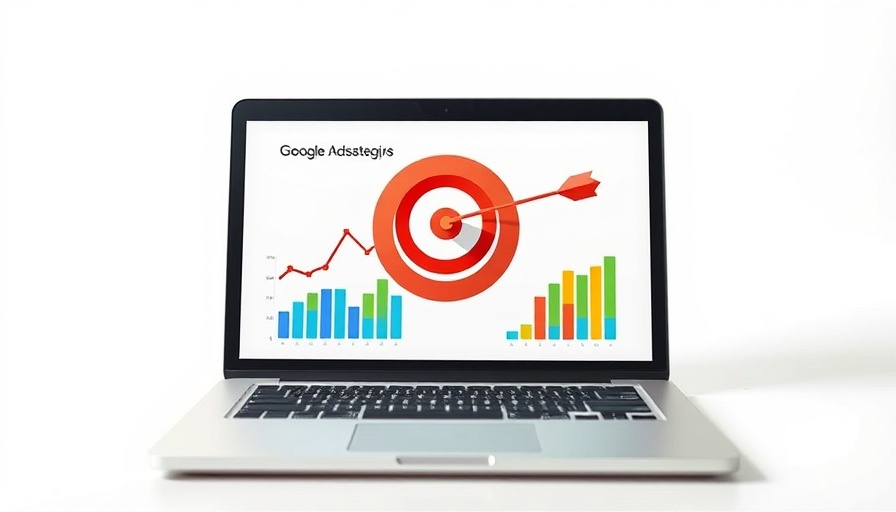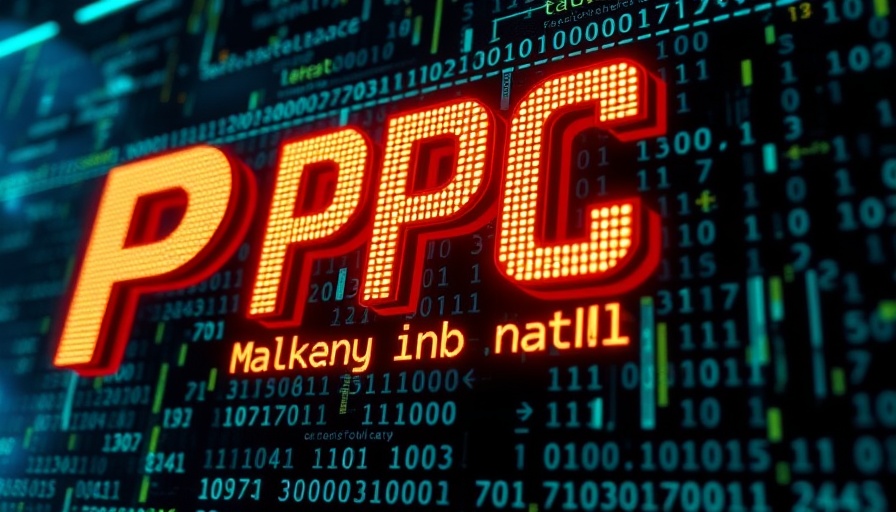
The Essential Google Ads Bidding Strategies Every Marketer Should Know
In the evolving world of digital advertising, Google Ads remains a dominant platform for businesses aiming to enhance their online visibility and drive sales. However, the competition is fierce, making understanding the bidding strategies crucial for any marketing professional or business owner. This article will break down effective Google Ads bidding strategies, equipping you with the tools to optimize your campaigns and achieve better results.
Understanding Google Ads Bidding Strategies
Google Ads operates on a bidding system where advertisers set a maximum bid for their ads based on how much they're willing to pay for a click. The primary bidding strategies include:
- Manual CPC (Cost Per Click): This strategy allows marketers to control their maximum bids for clicks. It is ideal for those who prefer hands-on management and wish to fine-tune their ad spend.
- Enhanced CPC: An advanced version of manual CPC, Enhanced CPC automatically adjusts your bids based on the likelihood of a conversion.
- Target CPA (Cost Per Acquisition): This automated strategy focuses on getting as many conversions as possible at a specified cost.
- Target ROAS (Return on Ad Spend): If you're looking to maximize revenue, this strategy helps set bids to achieve the desired return based on past campaign performance.
- Maximize Conversions: This fully automated strategy aims to maximize the number of conversions for your budget, making it easier for those who want to take a hands-off approach.
Why Choosing the Right Bidding Strategy Matters
Every marketing dollar counts, and choosing the right bidding strategy can significantly affect your campaign's success. Understanding each option allows marketers to align strategies with specific goals, whether it be generating leads, increasing brand awareness, or driving immediate sales.
Historical Context of Google Ads Bidding
Since its inception, Google Ads has undergone substantial changes, especially in its bidding strategies. From manual bidding to automated options leveraging machine learning, these advancements reflect the need for greater efficiency in ad spending. As digital marketers navigate this changing landscape, staying informed about the latest features and updates is essential.
Future Predictions and Opportunities in Bidding Strategies
The future of Google Ads bidding strategies is leaning towards complete automation, where AI and machine learning will continue to dominate. Technologies will likely identify patterns and make real-time decisions about bidding, enabling even more precise targeting of prospective customers.
Additionally, as user behavior shifts and advertising platforms evolve, marketers will need to continuously adapt their strategies to meet changing consumer expectations and preferences. This trend places a premium on data analytics, making tools for analyzing data and performance essential.
Common Misconceptions About Bidding Strategies
Over time, several myths have emerged surrounding Google Ads bidding strategies. One widespread misconception is that manual bidding always yields better results. While manual methods provide control, automated strategies using AI can often outperform them, especially for marketers with extensive campaigns.
Furthermore, some believe that higher bids automatically lead to better ad placement. In reality, quality score plays a crucial role in ad rank. Advertisers should focus on ad relevance, landing page quality, and expected clickthrough rate to improve their performance.
Practical Tips for Implementation
To maximize your Google Ads bidding strategy effectively, consider the following practical tips:
- Review Performance Regularly: Continuous monitoring of your campaigns is essential. Adjust your bids based on conversion performance and other relevant metrics.
- A/B Test Strategies: Experiment with different bidding options to identify which yields the highest return on your investment. Compare results over time to make informed decisions.
- Utilize Tools and Technologies: Incorporating analytics and marketing automation tools can provide insights into customer behaviors and enhance targeting, further improving ad performance.
Conclusion: Take Charge of Your Google Ads Success
The dynamics of Google Ads bidding strategies are intricate yet manageable. By understanding the various options and implementing the right strategies, businesses can achieve better results in their marketing efforts. As digital marketing continues to evolutionize, staying proactive and informed will empower you to navigate this competitive landscape effectively.
Don't miss out on opportunities to optimize your Google Ads strategies further; keep learning about the latest trends and innovations in digital marketing!
 Add Row
Add Row  Add
Add 




Write A Comment